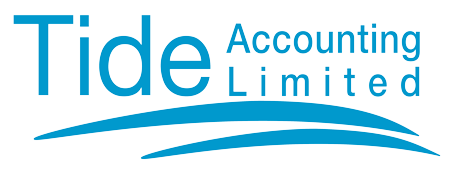Class 1A NICs are paid by employers in respect of most benefits in kind provided to employees such as a company car. Class 1A NICs are also due on charge on termination awards above a £30,000
Category Archives: National Insurance
If you have reached the State Pension age and continue to work, in most cases, you no longer need to pay National Insurance Contributions (NICs).
At State Pension age, the requirement to pay Class 1
A reminder that the main rate of Class 1 Employee National Insurance contributions (NIC) will be reduced from 6 January 2024. This change will see Class 1 NICs reduced by 2% from 12% to 10% in a
In the recent Autumn Statement, the Chancellor announced two important changes to National Insurance contributions (NIC) for the self-employed.
The first change concerns the removal of Class 2 NICs
In the recent Autumn Statement, the Chancellor announced a significant change to National Insurance contributions (NIC) for employees.
There will be a cut in the main rate of Employee National
National Insurance credits can help qualifying applicants to fill gaps in their National Insurance record. This can assist taxpayers to build up the number of qualifying years of National Insurance
HMRC offers an online service to check your National Insurance Contributions (NIC) record online. In order to use the service, you will need to have a Government Gateway account. If you don’t have an
There are two types of National Insurance contributions (NICs) payable by most self-employed people. These are known as Class 2 NICs and Class 4 NICs.
Class 2 NICs are paid by all self-employed
National Insurance credits can help qualifying applicants fill gaps in their National Insurance record. This can assist taxpayers in building up the number of qualifying years of National Insurance
National Insurance credits can help qualifying applicants fill gaps in their National Insurance record. This can assist taxpayers to build up the number of qualifying years of National Insurance










